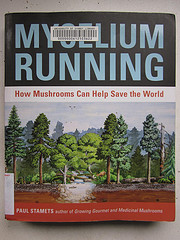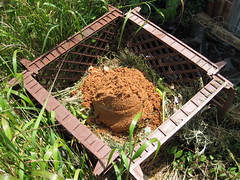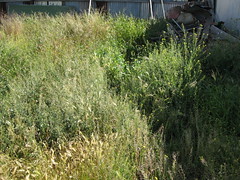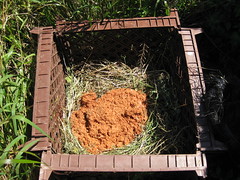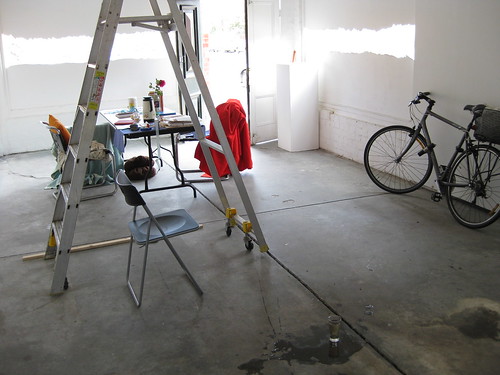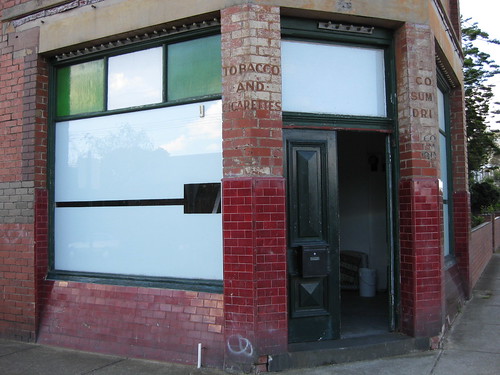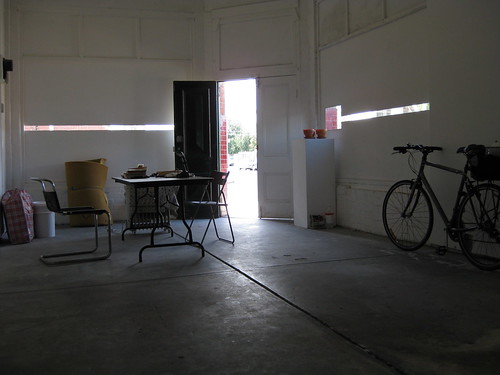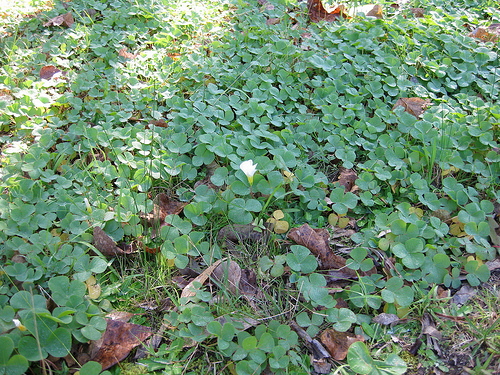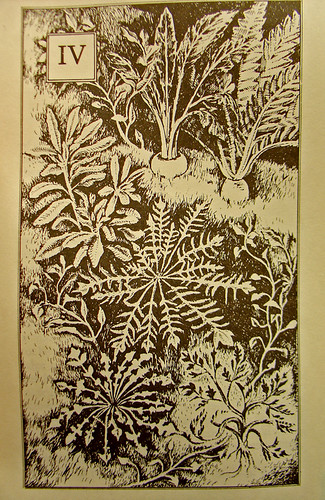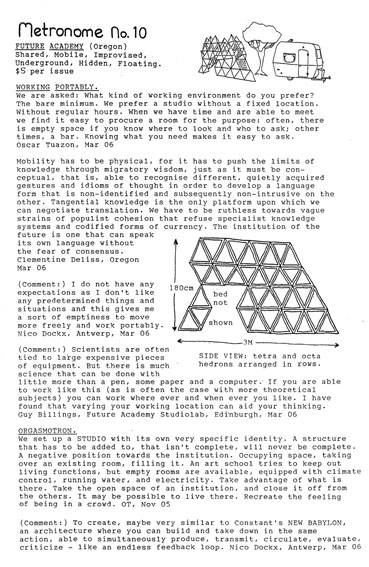may 2011
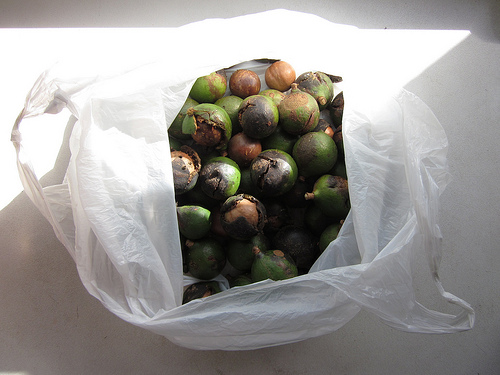
|
Walking in the back streets of Enmore and noticing a mature macadamia tree in a front yard. A nice man coming out of his house says “Want some nuts?” Sharing them with Michelle Margolis when I get to her house for a garden tour as part of National Permaculture Day, May 1st 2011.
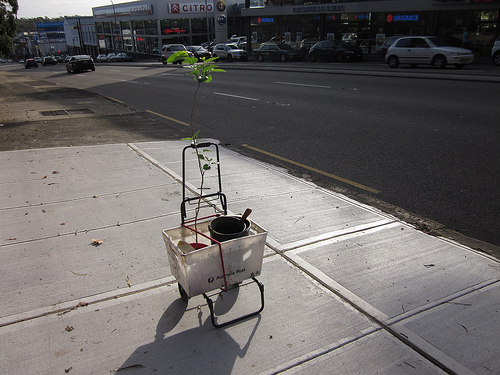
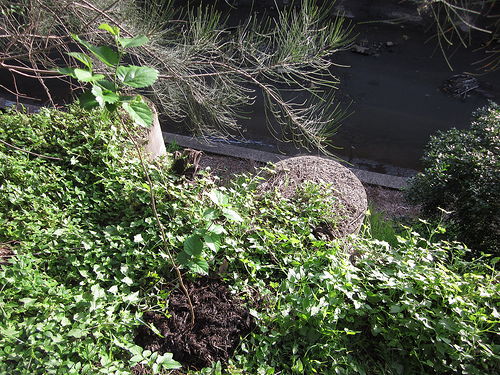
|
Taking a self-sown mulberry tree for a walk along Parramatta Rd and planting it alongside the Hawthorne Canal bike path for future fruit foraging. May 1st 2011.
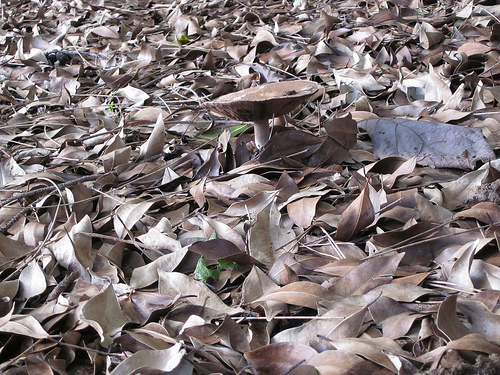
|
Admiring the many mushrooms up after all the autumn rain.
Reading:
Mycelium Running:
How Mushrooms Can Help Save the World
by
Paul Stamets
Ten Speed Press, Berkeley, California 2005
‘Year-round, fungi decompose and recycle plant debris, filter microbes and sediments from runoff, and restore soil. In the end, life-sustaining soil is created from debris, particularly dead wood. We are now entering a time when mycofilters of select mushroom species can be constructed to destroy toxic waste and prevent disease…’ p.10
